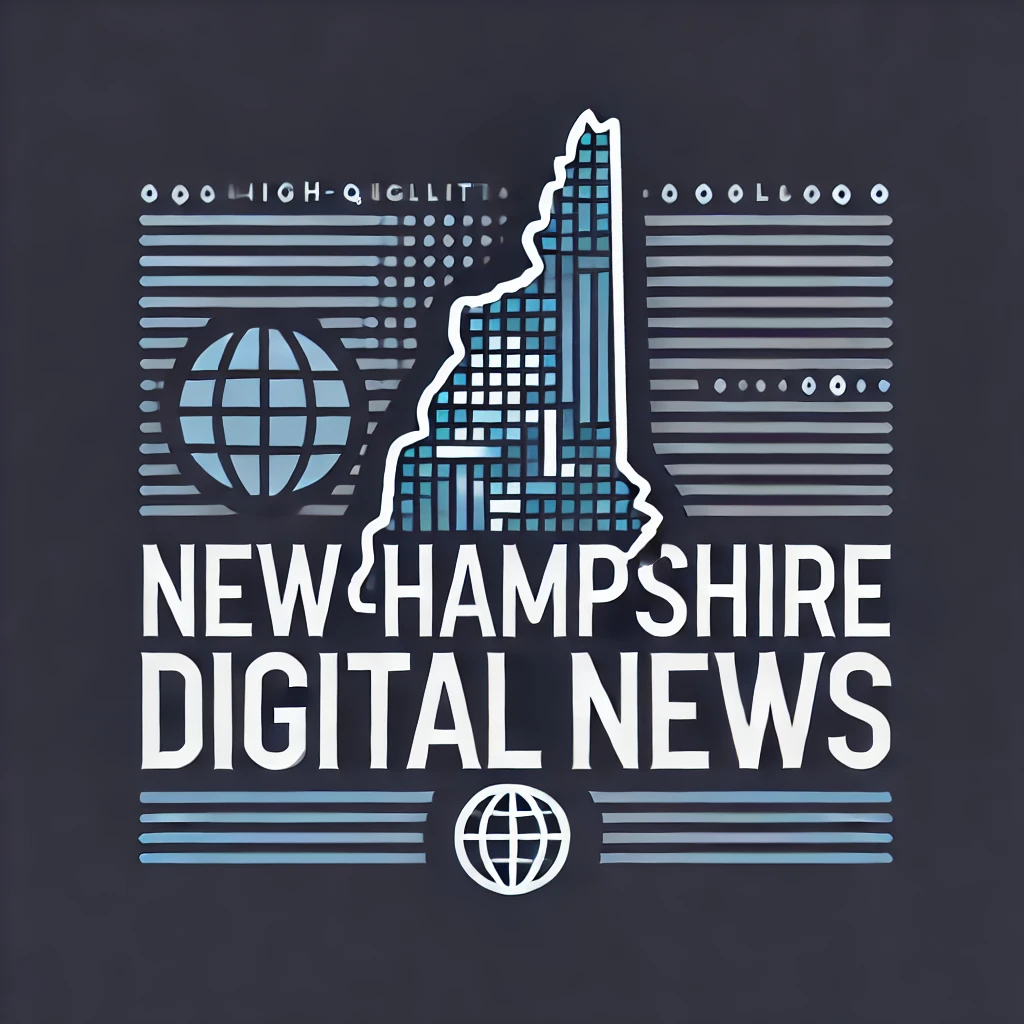Published: 4/8/2024
Reading Time: 6 minutes
Socratic inquiry and AI in education
In a whimsical scenario, picture the venerable philosopher Socrates transported through time to a 21st-century classroom. His initial astonishment at children tapping away on sleek glowing tablets, conversing with disembodied voices, might give way to recognition. “By the gods,” he might exclaim, “what sorcery is this!”
As the shock subsides, Socrates would discern a familiar spirit in these new technologies—a shared commitment to inquiry, critical thinking, and shaping young minds. Though the mediums appear radically different, the foundational methods of engaging youth, spurring self-reflection, and seeking truth resonate closely with the Socratic tradition.
Let us embark on a thought-provoking exploration of how ancient philosophy seamlessly merges with the capabilities of AI, bringing about a transformation in modern education. Together, we’ll delve into a world of data-driven critical thinking with the potential to reach millions of learners.
The resurgence of personalized Socratic dialogue
Socrates gained fame in the Athenian agora by engaging random passersby with relentless questions about morality, justice, knowledge, and the nature of reality. He prodded young minds to examine assumptions, weigh different perspectives, and articulate their reasoning.
Today’s educational landscape witnesses the resurrection of this personalized, inquiry-based learning style through Generative AI-powered chatbots. Natural language algorithms empower each learner to partake in unique Socratic dialogues, carefully tailored to their progress and interests.
This one-on-one digital Socratic method offers boundless patience and scalability. Every learner enjoys a mentor guiding them along their unique educational path—a level of personalization unattainable by human educators, especially when faced with larger class sizes. Socrates himself might have preferred conversing with a robot over the often-distracted crowds of Athens!
Panoramic data-driven insights
A limitation of Socrates’ technique lay in its rhetorical and subjective nature. His insights into learners’ development emerged primarily from verbal debates rather than empirical measurements. However, in the age of AI, educational platforms track massive datasets on individual learners—every click, every test answer, every essay draft. This opens a potential panoramic, data-fueled view of learner development that would have been impossible for even the most attentive human mentor.
By analyzing millions of data points through machine learning algorithms, AI systems identify patterns and correlations to refine teaching strategies. Suppose an online course observes learners frequently stumbling on quiz questions related to photosynthesis. The GenAI tutor may then tailor Socratic dialogues to address gaps in botanical knowledge and may even alert the human educator to this emerging trend.
Such granular analytics enable continuously optimized and personalized instruction, aligning with Socratic ideals. Socrates would undoubtedly appreciate the enhancement of rhetorical methods with empirical insights if they had been available in ancient Athens!
Democratization of learning
One of GenAI’s most profound impacts in education could be its capacity to potentially democratize access to high-quality instruction.
Today, chatbot avatars like “Socrates” can offer interactive lessons to any learner with a smartphone and a Wi-Fi connection. A learner in a remote area can engage in thoughtful debates on ethics just as a learner in a big city.
This realization reflects Socrates’ own ideals of universal access to reason and truth. Beyond mere access, data-driven personalization ensures that all groups receive education tailored to their unique needs and backgrounds. AI’s scalability has the potential to break down longstanding barriers.
The endurance of the human spirit of inquiry
Despite advancements, technology cannot yet replicate the intangible magic of thinkers provoking young minds in the ancient agoras. The subtlety of body language during debates, the passion infused into lessons, the humanistic commitment to elevating society—these timeless qualities remain indispensable.
Rather than perceiving AI as a threat to educators, we can view it as an amplifier of humanistic qualities. Analytics shoulder administrative burdens, liberating more time for high-touch mentorship. Adaptive tutors might create space for educators to focus on vibrant discussions, creativity, and inspiration.
Most importantly, that profound hunger for inquiry, instilled by Socrates, remains as strong as ever in both learners and educators.
The enlightened era awaits
The future promises an amalgamation of ancient wisdom and values with modern capabilities and reach. Socrates himself would radiate with hope and curiosity at the new potentials for nurturing young minds.
Certainly, challenges remain in integrating these technologies thoughtfully, equitably, and in harmony with humanistic values. Yet the possibilities are exhilarating. Just imagine what the fusion of inquiry, ethics, critical thinking, and technological tools can achieve for humanity when deployed conscientiously.
The classical foundations of our educational system are morphing into new frontiers. Nevertheless, the virtuous spirit of the ancient philosophers endures, albeit dressed in sleek digital armor.
A vision for higher education administrators
As higher education administrators, we collectively steer institutions poised for transformation. The fusion of Socratic inquiry and GenAI presents an opportunity to shape the future of education. Can you picture a scenario where our universities leverage AI to offer personalized learning experiences that transcend traditional boundaries?
Imagine data-driven insights at our fingertips, enabling us to make informed decisions about resource allocation, curriculum adjustments, and learner support. With GenAI, we may be able to optimize our institution’s operations and offer an education to learners from diverse backgrounds.
The possibilities are boundless, and the challenges are surmountable. Let’s embrace the fusion of inquiry, ethics, critical thinking, and technology as we lead our institutions into an enlightened era of education. Our collective vision and leadership can help create a future that provides learners with unparalleled opportunities for growth and learning. Onward to a future where ancient wisdom and modern brilliance converge to redefine higher education!
Examining the nuances of integrating AI in education
Integrating technologies thoughtfully requires examining nuances and complexities. GenAI should enhance human teaching, not aim to replicate or replace it. Educators have raised valid concerns about over-automation and dehumanization.
Thought leaders propose principles of ethical GenAI adoption, including transparency, accountability, bias mitigation, and preserving human agency. AI systems must align with pedagogical goals, not introduced merely for novelty’s sake. Ongoing research is still required to assess GenAI’s impacts on learning processes and outcomes.
Institutions should develop comprehensive strategies for GenAI adoption spanning technology, faculty development, policy and community engagement. Pilot projects allow controlled experimentation and feedback before wide deployment. Cross-functional teams including ethicists and learning scientists can formulate prompt engineering guidelines tailored to institutional values.
Faculty require support in reimagining teaching methods fused with GenAI while preserving educator autonomy and discretion. Students should also understand GenAI’s capabilities, limitations and data privacy implications. Community trust builds through transparency and demonstrating AI’s benefits for learners.
This nuanced, evidence-based approach allows higher education to thoughtfully integrate AI on an institutional level. With care and wisdom, we can craft policies and systems that allow GenAI to flourish as an empowering ally rather than an imposition on educators and students. Our institutions can lead the way in developing GenAI that can potentially augment humanistic education.
The enduring essence of education
For all of AI’s capabilities, the essence of transformative education remains profoundly and beautifully human. The spark of insight when a concept clicks, the warmth of a mentor’s guidance, the joy of lively debates, the subtle relationship cues in a classroom – technology cannot replace these magical elements.
AI’s role is not to supplant educators but rather to lift burdens that constrain their humanistic purpose. Automating assessments and administrative tasks provides more space for nurturing young minds. Data analytics inform but do not dictate teaching approaches.
Ultimately, the human spirit of inquiry endures as the vital force in education. Generative AI is simply a tool to expand access and maximize impact. Wisdom, ethics and empathy will always be uniquely human domains. With vision and intentionality, we can create a future where AI expands educational opportunities..
The journey ahead
The path forward promises excitement and insights as ancient wisdom merges with modern tools. There will be missteps and lessons in this uncharted territory. But embracing this journey with optimism, ethics and courage will lead us to a more enlightened era for education.
Socrates would surely recognize a kindred spirit in using knowledge and reason to shape young minds, although the methods appear so foreign. But at its core, the mission remains aligned to his ideals of nurturing wisdom, truth, and virtue.
As stewards of the future, we carry an enormous responsibility but also a thrilling opportunity. Let us boldly lead our institutions into this new frontier, where technology is thoughtfully woven into education’s eternal humanistic pursuit. With vision and values as our compass, an enlightened future awaits. We have so much more to gain than to fear. Onward!
 Written by Goran Trajkovski, Ph.D., Lead Academic Program Manager at Western Governors University and Author of “A More Beautiful Prompt” and “AI Unleashed.”
Written by Goran Trajkovski, Ph.D., Lead Academic Program Manager at Western Governors University and Author of “A More Beautiful Prompt” and “AI Unleashed.”
Want more on AI in education?
Goran Trajkovski presented “Ctrl + Alt + Transform: Your Role in the AI Era” at our 2024 Empowered Educator Virtual Conference. Check out his session and others.





